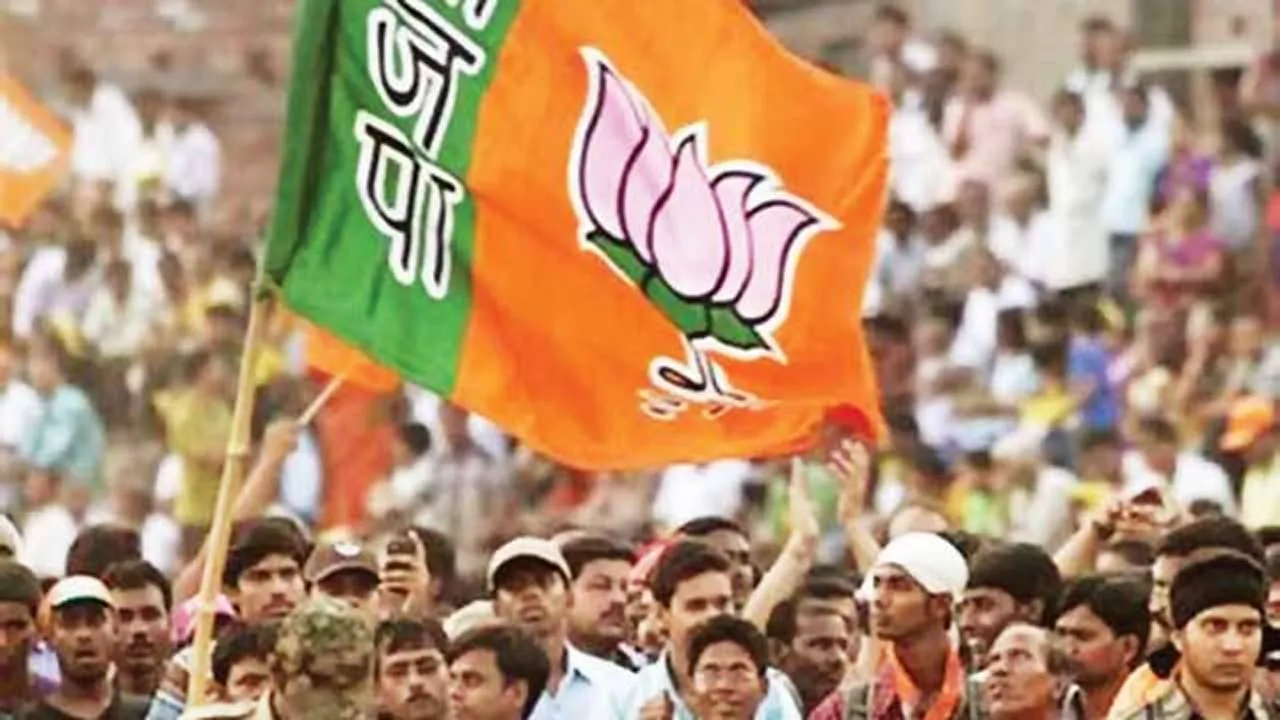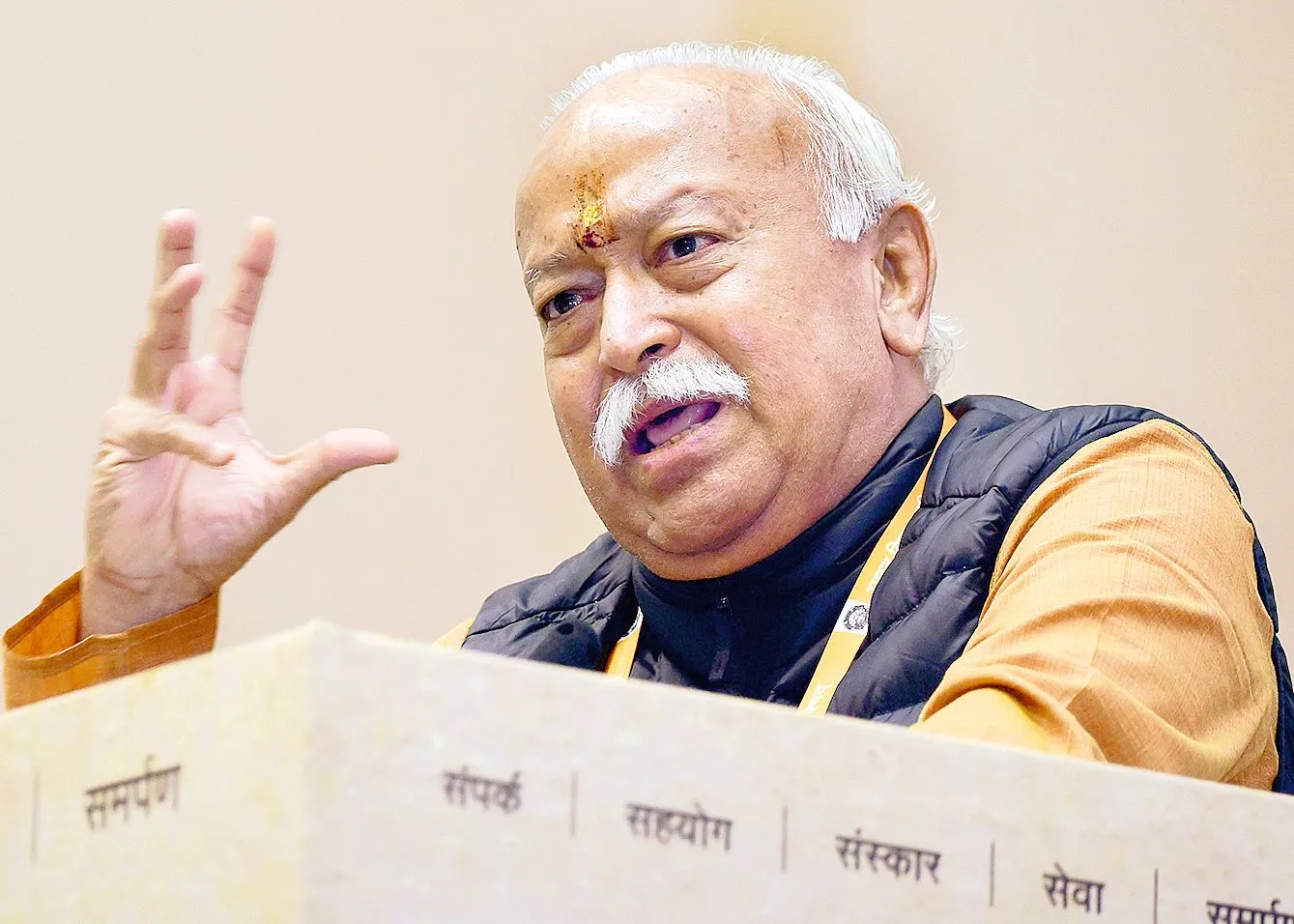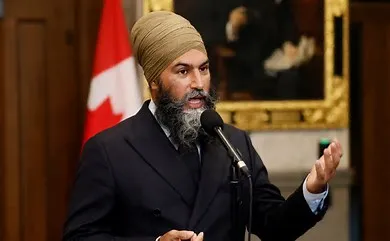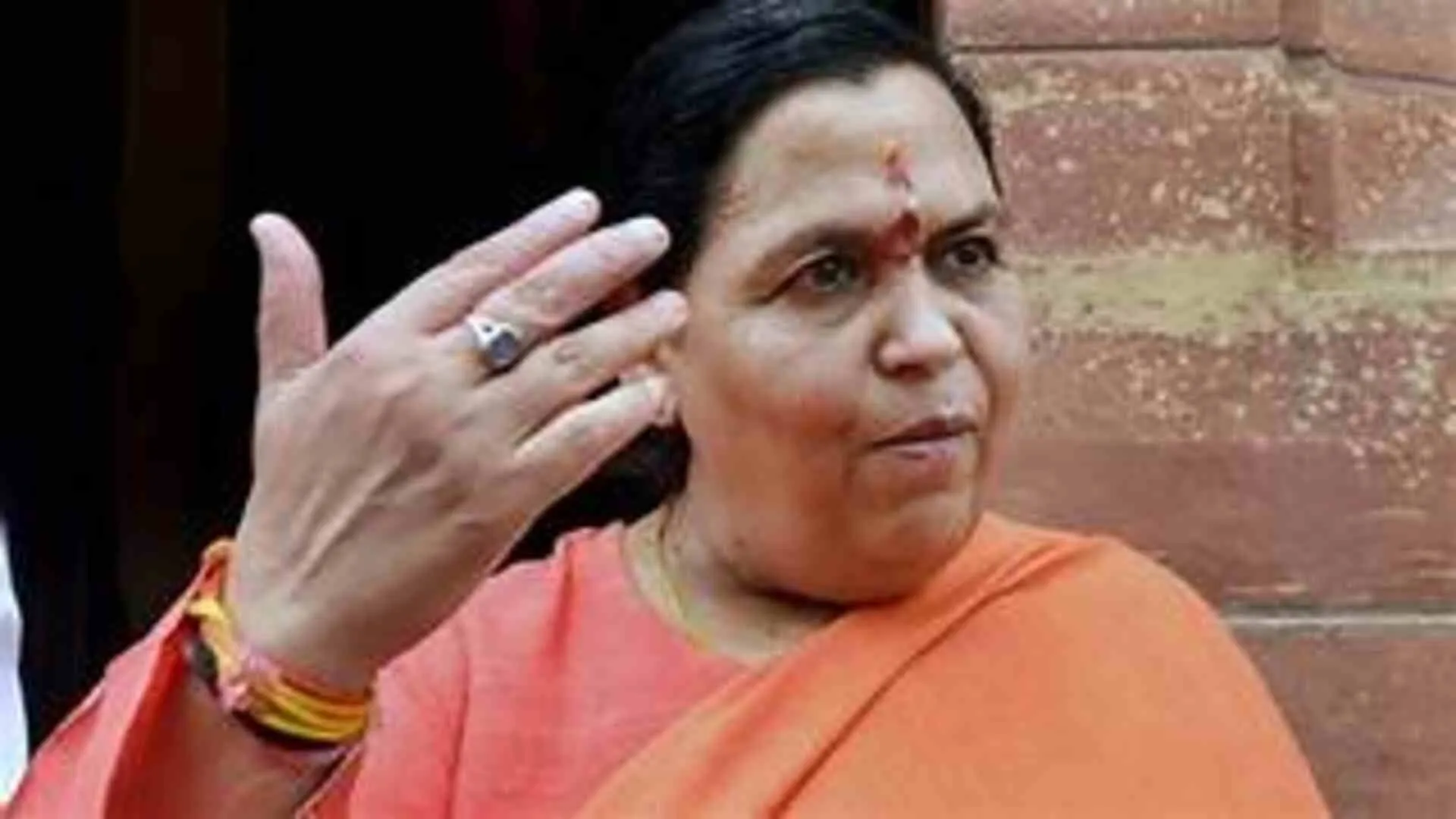In 1999, when the Group of Twenty (G20) was formed, it was a disruptive idea in itself. The idea of forming such an intergovernmental organisation was first conceived after the Asian financial crisis of 1997. It provided a forum for governors of central banks and finance ministers to meet and coordinate responses to their countries’ financial challenges. Its singular goal was to broaden the discussion on policies to benefit the global economy and to act as a response team to financial crises. After the 2008 financial crisis, the G20 helped bring together the heads of finance from different countries. One of the other reasons for its formation was also the collective disappointment over the G7’s failure to find a solution to the crisis. Twenty-three years later, India has been given the chance to chair the G20, a watershed opportunity to chart a new course for economic development, especially when the world is yet to fully recover from the after effects, including economic setbacks caused by the Covid-19 pandemic. The G20 membership is representative of the multipolar world, accounting for two-thirds of the world’s population, 80% of the world’s economy, and 75% of international trade. Wielding the G20 Presidency has given India a unique opportunity to create tremendous impact.
INDIA: A BRIDGE
India has always been a land of diversity, with rich contributions to various spheres of human activity since time immemorial. India’s diverse cultures offer it a strategic advantage, and this is visible in its vibrant democracy and population. This time, the G20 presidency will reflect not just this heritage, but also position the country as an agent of transformation and sustainability. During the pandemic, India’s commitment to social development came to light when it successfully ran one of the largest vaccination drives, successfully providing vaccines to 198 crore adults, which is 90% of the total population of India. The usage of the centralised CoWin platform helped in inoculating 1.2 billion Indians with a minimum of two doses, by helping users choose time slots, centres and vaccines through an app or web interface. Through its Vaccine Maitri initiative, India has shipped vaccines to more than 150 nations. Moreover, more than 60% of the population have taken two doses of the vaccine, which is a feat, considering our population. Such initiatives have reinforced India’s rich legacy of medical contributions and collaborations, in line with the theme of this year’s G20: “One Earth, One Family, One Future.” Recently, when the President of Guyana, Irfaan Ali, visited India, he praised India’s active participation in vaccine diplomacy. With this presidency, however, comes a responsibility— a commitment to communicate through diplomacy, connect through discussion, and collaborate on research-based, scientific, and academic exchanges among nations and societies to address common issues. Thus, the Science20 Engagement Group will play an important role in the G20 meetings this year.
THE SCIENCE OF DIPLOMACY
G20 has representation from governmental and nongovernment leaders from each member country, and they are crucial for creating policies and advising G20 country heads. Science20 (S20), which is one of the recent groups, comprises prominent national science academies of the G20 countries. It was founded in 2017 when Germany wanted G20 policymakers to offer consensus-based, science-driven recommendations. Since then, Science and Technology have been considered as priorities to strengthen relations between nations. Furthermore, the pandemic necessitated collaboration between policymakers and scientific experts, highlighting the need for rapid provision of robust scientific evidence based global policymaking. This year, the Indian Institute of Science, Bengaluru, is serving as the Science 20 Secretariat. With that in mind, India’s S20 agenda proposes the theme of “Disruptive Science for Innovative and Sustainable Development.” India’s presidency will aim to help economies grow, improve national security, bolster international relations, and address problems like climate change and energy crises which are affecting the whole world. For the first time, under India’s G20 presidency, there is an explicit focus on the empowerment of tribal communities and women. Indigenous products made by tribal communities are one of the highest contributors to their livelihoods. India is empowering their efforts through the recently concluded Tribal Science Congress and making it a sub-theme of the Science20. To be a catalyst for change, it is essential to recognise that science is universal, but the methods, priorities, and outcomes vary from country to country. Because of this, the scientific community is integral to finding solutions to multilateral challenges. India is poised to play a leadership role in bringing together the scientific community in several ways. First, India is well-known for its disruptive innovations. A recent example is the Unified Payments Interface (UPI) system. In July 2022 alone, as many as six billion transactions were done through the UPI system. From a street vendor selling vegetables to high-end restaurants, India’s Unified Payments Interface (UPI) has opened up a new market for homegrown disruptive technologies and their development. India is also helping other countries to build similar payment systems. Second, for many years, India played a critical role in the development and production of indigenous vaccines that have also been exported to other developing countries, including during the Covid-19 pandemic. India found and lived up to this ‘Aapada’ mein ‘Avsar’ (opportunity during crisis) moment with its effort during the pandemic, a feat very unique to India. Third, during the pandemic, India and South Africa also pushed for the temporary suspension of certain parts of the agreement on Trade-related Aspects of Intellectual Property Rights (TRIPS) which would have allowed the economically weaker countries to have access to affordable vaccines. However, some developed countries argued against the waiver, citing the “innovative imperative” and the necessity to appreciate “research development costs”. The multiple waves of the pandemic showed how important it is for global and regional development, especially in the Global South to build a more robust healthcare infrastructure. Therefore, considering the difference in capabilities between advanced and emerging economies, especially for sustainable development goals, India, through its S20 presidency, should aspire for global mechanisms that allow ‘fairer’ sharing of knowledge through diplomacy. India has also continued to make progress on industry academia collaborations. Several departments of the Government of India are pushing for better translation of scientific ideas to real-life applications. India’s Prime Minister, Narendra Modi, while addressing the Indian Science Congress this month, stressed on the fact that scientific efforts turn into great achievements only if they leave the lab and have an impact from the global to the grassroots level. Though India has the third-most peer-reviewed publications in science and engineering and increasing number of scientists filing for patents in the world, there is a great need to take these findings out into the real world to have lasting impact. Therefore, if a country wants to both meet its domestic needs and increase international collaborations that are impactful, it is vital to combine science with diplomacy, with support from industry. India has a lot to offer the world in this collective domain because of its long history of inquiry (anvikshiki) and unique ways of looking at science. Through Science20, India has an opportunity to showcase that societies, in order to become truly modern and sustainable, cannot afford to forget their civilisational knowledge and roots. India has to strive to embrace modern practices while acknowledging and preserving its rich scientific history. is both modern and ancient, at 75 years and millennia, respectively. India has a unique chance to take charge of guiding scientific conversations in both developing and developed countries, through this presidency. This, in turn, will spark the country’s own transformation through a journey of selfdiscovery and increased capability. As a result, the G20 is more than just a diplomatic gathering for India; it is a new responsibility, a measure of trust, and a symbol of hope in these trying times.
Arpan A. Chakravarty is part of the Science20 Engagement Group at Indian Institute of Science, Bengaluru.























